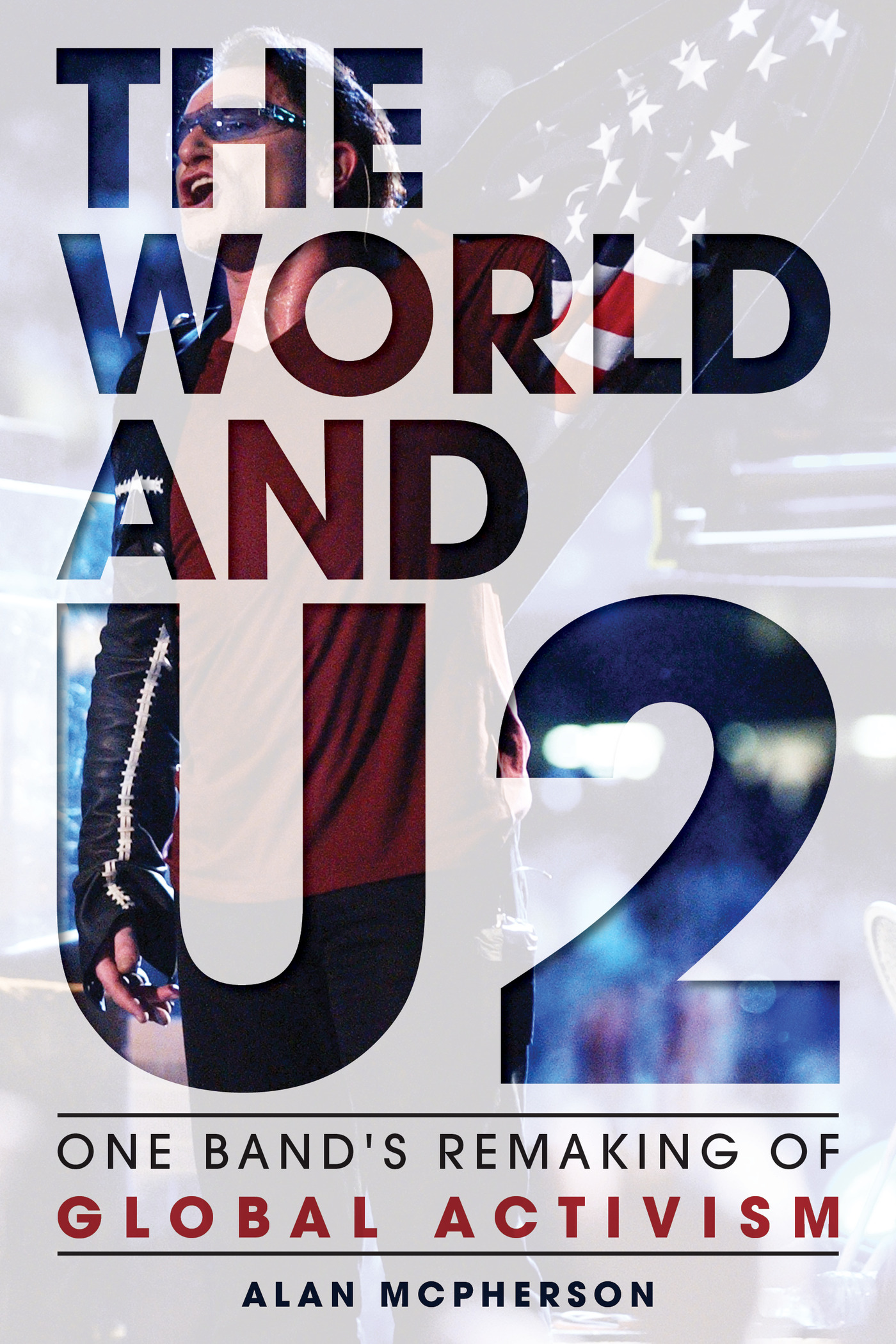The World and U2
One Bands Remaking of
Global Activism
Alan McPherson
ROWMAN & LITTLEFIELD
Lanham Boulder New York London
Published by Rowman & Littlefield
A wholly owned subsidiary of The Rowman & Littlefield Publishing Group, Inc.
4501 Forbes Boulevard, Suite 200, Lanham, Maryland 20706
www.rowman.com
Unit A, Whitacre Mews, 26-34 Stannary Street, London SE11 4AB
Copyright 2015 by Alan McPherson
All rights reserved. No part of this book may be reproduced in any form or by any electronic or mechanical means, including information storage and retrieval systems, without written permission from the publisher, except by a reviewer who may quote passages in a review.
British Library Cataloguing in Publication Information Available
Library of Congress Cataloging-in-Publication Data
McPherson, Alan L.
The world and U2 : one bands remaking of global activism / Alan McPherson.
p. cm.
Includes bibliographical references and index.
ISBN 978-1-4422-4933-2 (cloth : alk. paper) ISBN 978-1-4422-4934-9 (ebook)
1. U2 (Musical group) 2. Bono, 1960 Political activity. 3. Edge (Musician), 1961 Political activity. 4. Rock musiciansPolitical activity. I. Title.
ML421.U2M37 2015
782.42166092'2dc23
[B] 2015002421
 TM The paper used in this publication meets the minimum requirements of American National Standard for Information Sciences Permanence of Paper for Printed Library Materials, ANSI/NISO Z39.48-1992.
TM The paper used in this publication meets the minimum requirements of American National Standard for Information Sciences Permanence of Paper for Printed Library Materials, ANSI/NISO Z39.48-1992.
Printed in the United States of America
To my brother Ian,
who taught me to play and love music
List of Figures
Acknowledgments
Thanks first of all to Brian Betteridge for fact-checking the entire book against his encyclopedic knowledge of U2 and thus saving me from embarrassing mistakes. Also helpful was everyone at atu2.com, by far the best unofficial website and an incredible archive about the band. The work of Scott Calhoun and Matt McGee deserves special praise. At the University of Oklahoma, graduate students Joe Hartmann and Jeffrey Swanson helped me figure out the outer limits of the universe of U2 publications. Deans Zach Messitte and Suzette Grillot allowed me to pursue this unorthodox line of research. The College of International Studies provided funding for the index and photographs. Heather Dubnick did a great job with the index. My wife, Cindy, was enthusiastic about the project all along. And my sons, Luc and Nico, who know nothing about U2, were a welcome distraction and a reminder of why I care about activism.
Introduction
U2 in a Selfish World
Were just trying to figure out how to live in this world.The Edge
Ever since I became a fan of U2, I have been trying to reach them. My first encounter with singer Bono, guitarist The Edge, drummer Larry Mullen Jr., and bassist Adam Clayton came in the summer of 1984, when a friend played me a vinyl record of their then-new live EP Under a Blood Red Sky.
An idealistic but hormonal 13-year-old, I was looking to diversify my tastes beyond the heavy metal that dominated my outlook that year. U2 offered loud, guitar-driven rock but without the hypermasculinity, breakneck speed, or ludicrous devil worship of 1980s metal. U2 also appeared to care about something, though I wasnt sure what yet.
I attended their show at the Montreal Forum in 1985 and was hooked. Like many fans, I liked their records just fine, but the live experience was something else altogether. Its feeling of social consciousness, community, and transcendence proved more powerful than any church had ever filled me with. I was close enough to the stage to get the exhilarating sensation that Bono was actually looking at me as he swayed precariously on top of a speaker stack. His every word and act seemed wise beyond his years, and he was only in his mid-twenties.
In those pre-Internet days, I combed record stores in search of every U2 album, single, and rare import and bootleg. In 1987, now at the Olympic Stadium show in Montreal, I made it to the edge of the stage when Bono picked the person next to me to play his guitar on People Get Ready because he had injured his shoulder. U2 remained beyond my reach.
In the quarter century that followed The Joshua Tree, I attended four more U2 shows, remaining dedicated and hoping to meet the band. After my first missed opportunity in Montreal, a second came in Paris when friends at a youth hostel invited me to an all-night dance club. I was jetlagged and declined. I learned the following day that The Edge and Larry had been there, chatting up fellow clubgoers. I kicked myself again.
Luckily for me, I didnt love my favorite band in self-righteous isolation. All the teenagers I knew, it seemed, loved U2 or at least respected them. Girls loved U2, which mattered a lot. Their music played at every party, blared from every car stereo. Even the 1960s generation, to which my parents belonged, liked the band. Rolling Stone, a magazine by and for baby boomers, in its desperation to find young bands to celebrate, prematurely crowned U2 the Band of the Eighties in 1985. Two years later, Time put them on the coveronly the third rock band so honored.
U2 were at once a band for their times and a true original. Their sound, reflecting the democracy inside the band, made space for all four members, yet the chiming, soaring notes of guitarist The Edge marked the 1980s and spawned countless imitators. U2 was the sound track of earnestness and hope in a bleak decade marked by the false optimism of Ronald Reagan.
To be sure, in my efforts to connect with the band, I was not beyond finding fault in them. Over time, the repetitiveness of Bonos live behaviorplucking fans from the audience and making political speechesdissipated some of the magic from my first encounter with them back in Montreal. And Ive found a few albums and more than a few songs to be unambitious or uninspired.
But, like many fans, I have stuck with them because of their desire to innovate musically and perhaps more because of their personalities. Bonos sincerity, his desire to connect with each and every soul in the audience, never seemed in doubt. Like the Beatles, U2 owed part of their success to their charisma and specifically their sense of humor. I was always dumbfounded in the 1980s when Bono refused to transport his charming live self onto the mainstream media, where instead he appeared, like the rest of the band, grim faced and self-important in often black-and-white photography.
Still, from the late 1980s on, the world embraced U2 as the biggest band in the world. In their now nearly 40-year career, U2 has sold about 150 million albums and 30 million tickets to its shows and won 22 Grammy awards. Their 2014 album, Songs of Innocence, which Apple released for free to the 500 million users of its iTunes software, was listened to in part at least 80 million times in its first weeks.
In the 1990s and 2000s, I grew up, diversified my tastes some more, and lost the intense passion for the band I had in my youth. I had never met them and probably never would and became an academic studying serious issues.
* * *
But a few years ago, I realized that I could reconnect with Bono and the band by writing about something we should all take seriouslytheir activism. I recalled that if it was not U2 that introduced me to issues such as war, poverty, human rights, religious strife, and other key issuesI owe that to great literature and fine teachersit was that faraway, so-close Irish band that made it seem cool to care about those same issues.
Next page
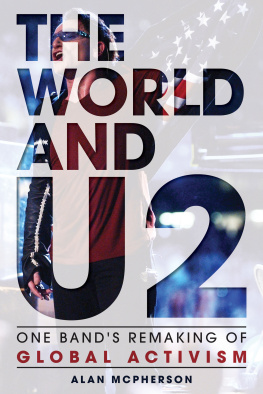


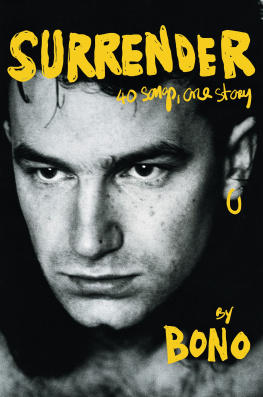
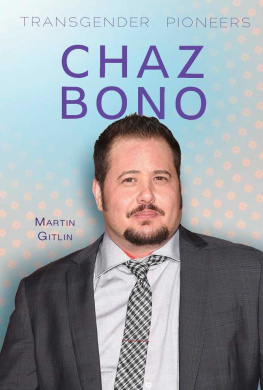
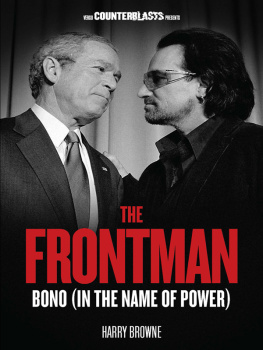
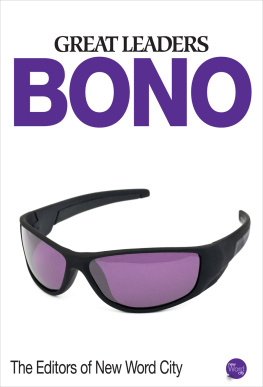
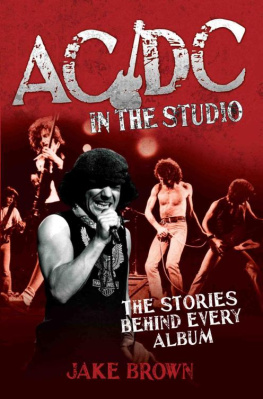
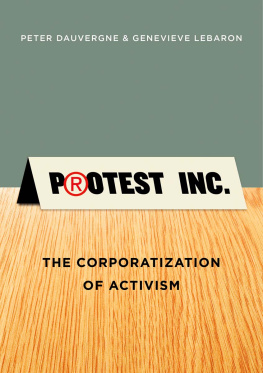
 TM The paper used in this publication meets the minimum requirements of American National Standard for Information Sciences Permanence of Paper for Printed Library Materials, ANSI/NISO Z39.48-1992.
TM The paper used in this publication meets the minimum requirements of American National Standard for Information Sciences Permanence of Paper for Printed Library Materials, ANSI/NISO Z39.48-1992.